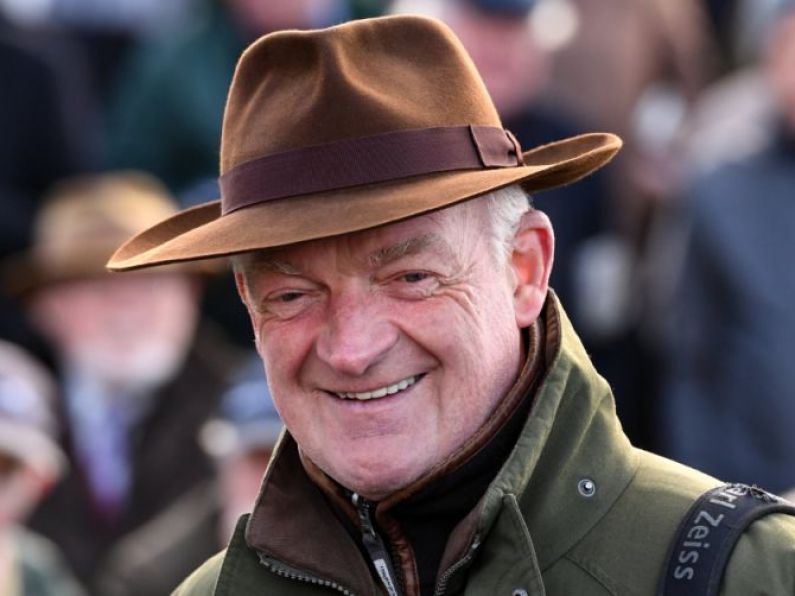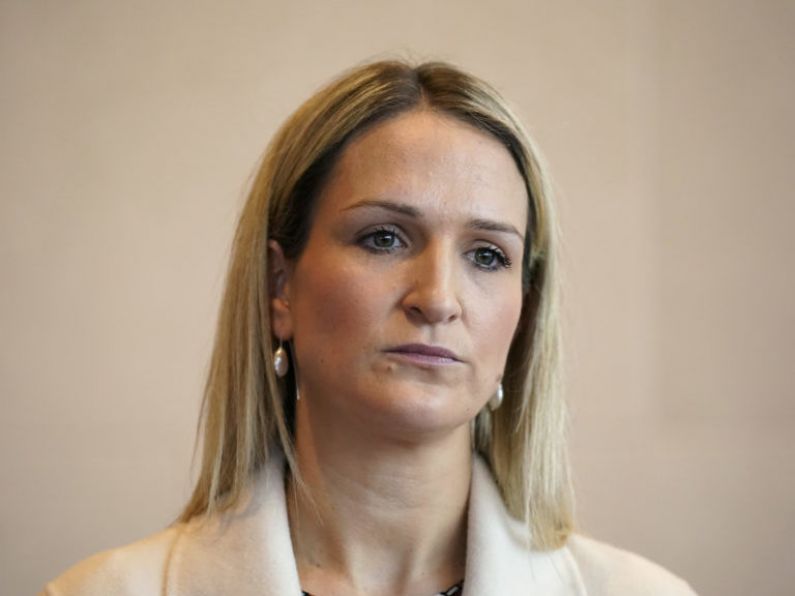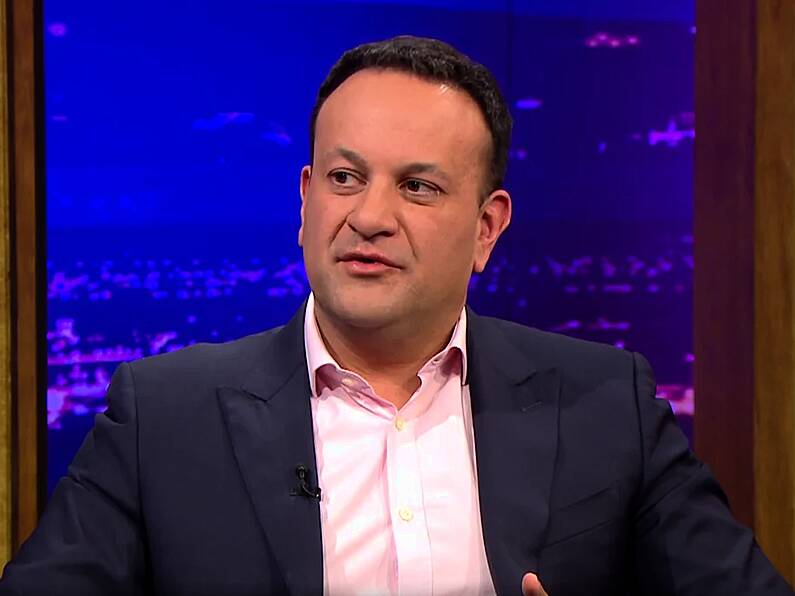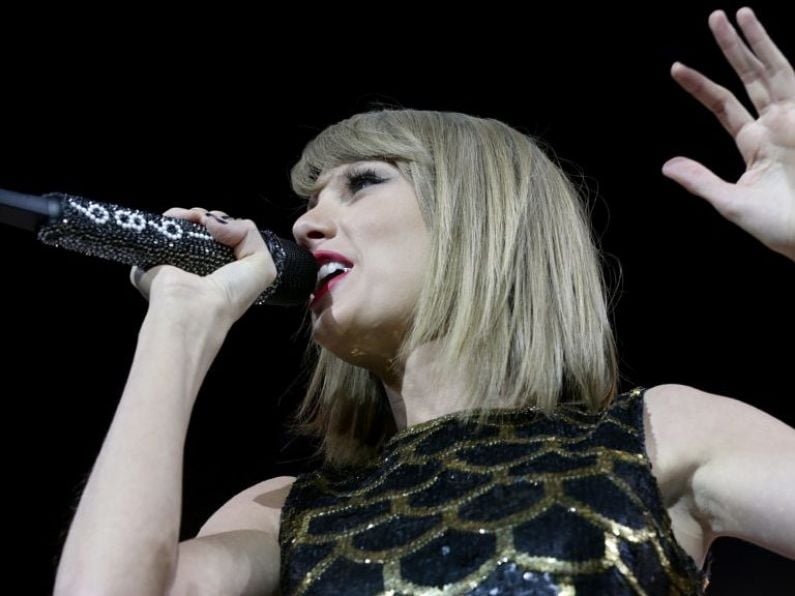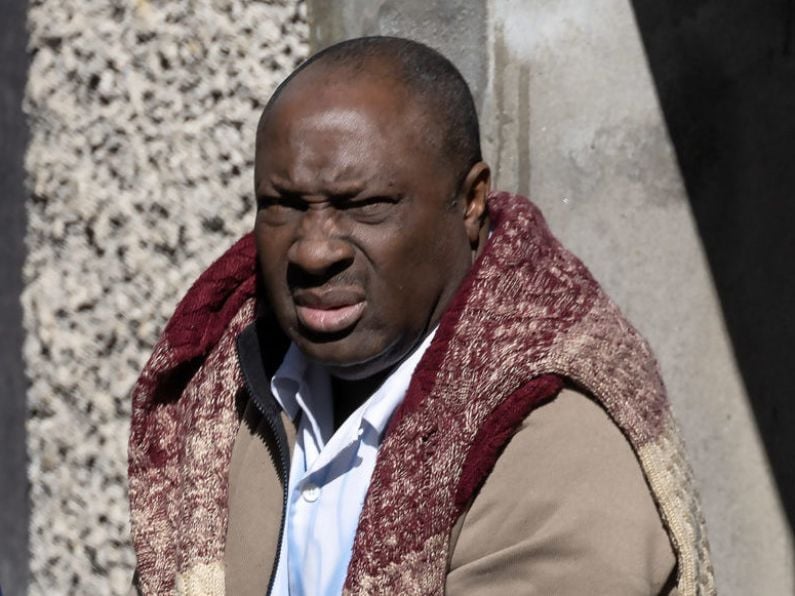The Republic of Ireland has its first confirmed case of the coronavirus Covid-19, but what happens if someone has symptoms?
A Dublin secondary school reported the country's first case over the weekend, and will be closed for two weeks as a precaution to stop the infection's spread.
It can take up to 14 days for symptoms of coronavirus to appear, but for anyone worried about whether they have it, the HSE has issued a list of symptoms for Covid-19.
- Symptoms of coronavirus (Covid-19):
- a cough
- shortness of breath
- breathing difficulties
- fever (high temperature)
Dr Tiernan Murray - a GP in Goatstown in Dublin - spoke to The Pat Kenny Show on Newstalk radio this morning about how suspected cases are handled.
He said doctors' practices are getting a number of calls every day about Covid-19, but said it's currently not an "overwhelming number".
He explained that a colleague in his practice last week had a patient who had been to one of the areas impacted by the outbreak.
The HSE took over and brought the individual by ambulance to a dedicated centre.
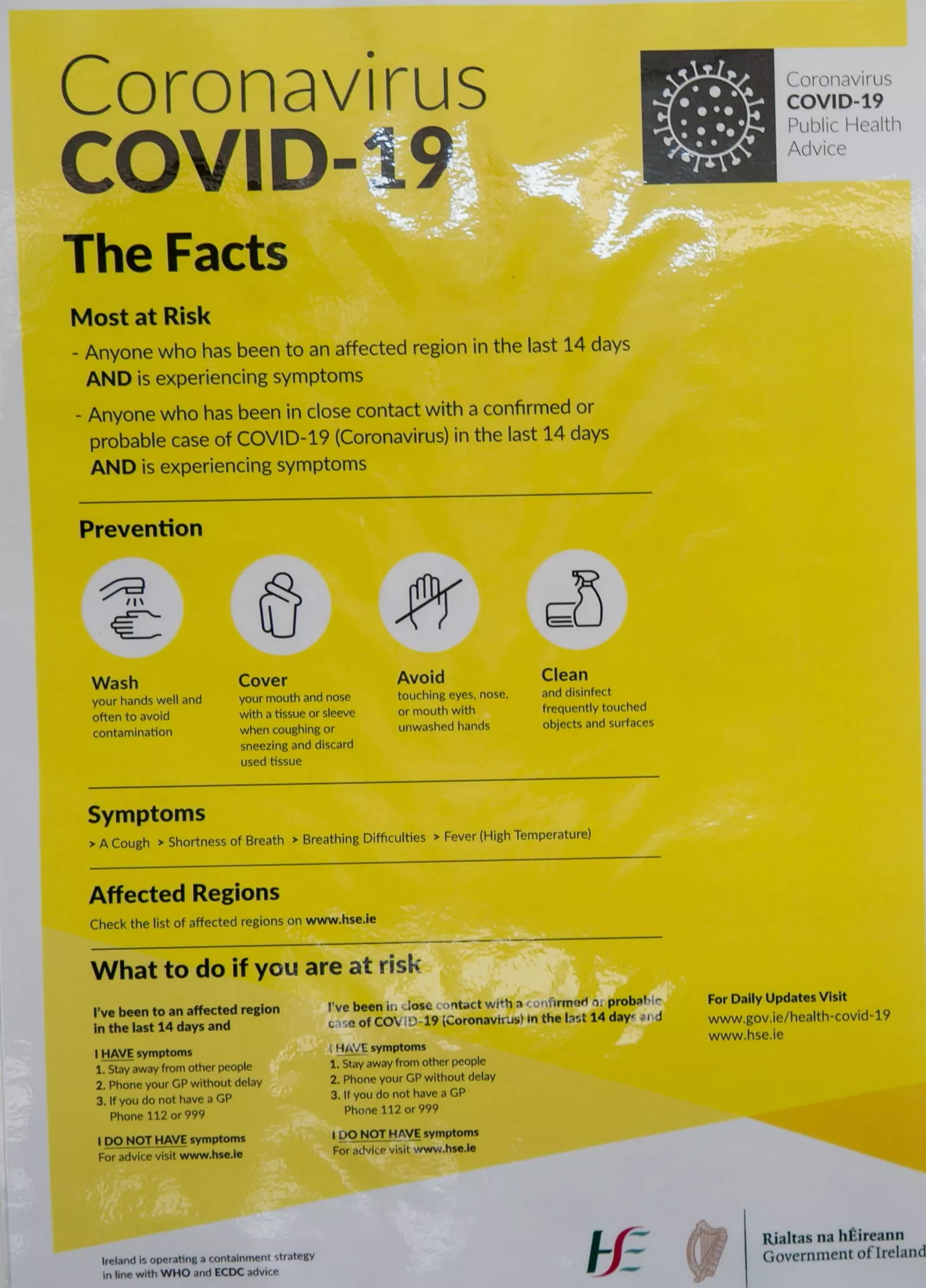
A swab was taken for testing and the patient's test results came back negative for the virus 12 hours later.
Dr Murray observed: "We have to assess them over the phone, which is something we do very commonly.
"We assess what their symptoms are, and we assess them in relation to travel - have they been to northern Italy? What part of northern Italy?
"Then we do a simple assessment as to whether there is a significant risk - and obviously in the vast majority of cases, people will have simple coughs, colds etc.."
If somebody has significant symptoms - such as a cough and fever - and has come from one of the areas in northern Italy specified... I would then immediately ring a dedicated number for public health.
"They would then make a decision as to what should be done."
Dr Murray said all general practitioners have to make the best possible decision with the information they have.
However, he also explained there is a cohort of people who will be infected without realising as they will develop so few symptoms.
He said: "The good news is the existence of that group is hopefully the very fact that will bring this to an end.
"Epidemics like this tend to end when the number of immune patients rises to a certain degree.
Although this is a new virus, the likelihood is that over a certain timescale this will peter out.
Dr Murray said healthcare professions can only do what is "reasonable and proportionate" to stop the potential spread of the virus, and said he believes public health officials have done a fantastic job here and in the UK.
He observed: "Certainly there is criticism in some of the papers over the weekend over public health handling of, for example, information and facts.
"But I think it's important to remember that public health is a discipline that has been around for a very long time: it has very good protocols, so it's never making it up on the hoof and it has best practice already established.
"When they say it is best practice not, for instance, to reveal the name of the school... they are doing that for very good, proven reasons."
A GP in Cork has moved to allay public concern over the infection, saying it should not be occupying public consciousness in the way that it is.
Dr Nick Flynn told the Echo: “It is absolutely blown out of proportion. Fewer people will die in Ireland of the coronavirus in the next three months than died in traffic accidents over the weekend.
There were seven deaths on the roads over the weekend. If we have seven deaths from the Coronavirus, I will be amazed.
Dr Flynn said that his 12-year-old is worried about the virus due to the extensive coverage it has received, but said the worry is unnecessary.
“For most people, it’s a self-limiting illness, and creating hysteria - to have school kids worried about this - is just absolutely ridiculous.
“I’m not saying people won’t be sick from it - yes they might be, but it’s not something that I think should be occupying the public consciousness the way this is."

He also warned that people who are not infected should not wear face masks: “That probably increases your risk of getting it, because you’ll be touching things and touching the mask.
“If you’ve got it, wear a mask, it’ll stop you spreading it, but if you don’t have it don’t wear a mask because that won’t stop you from getting it.”


